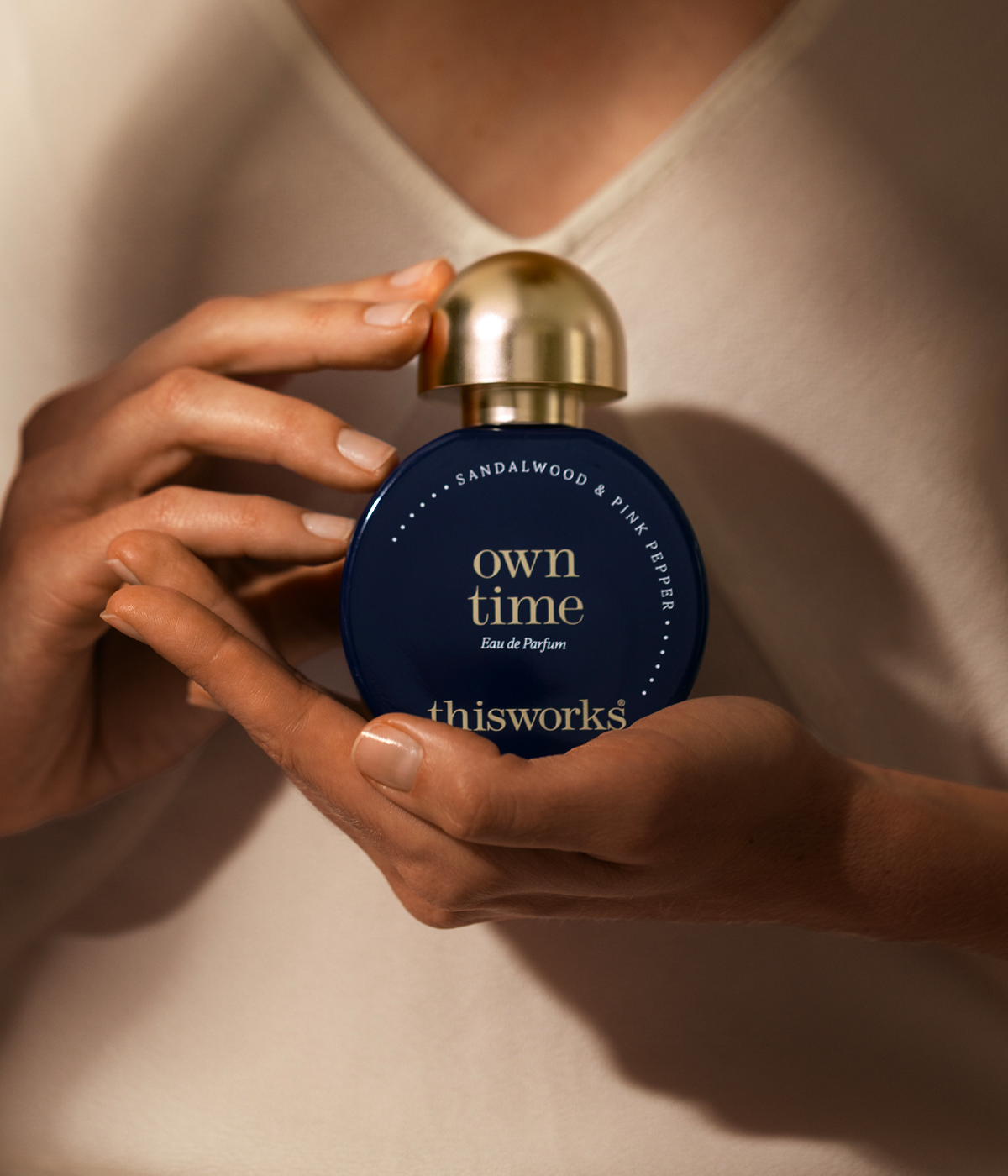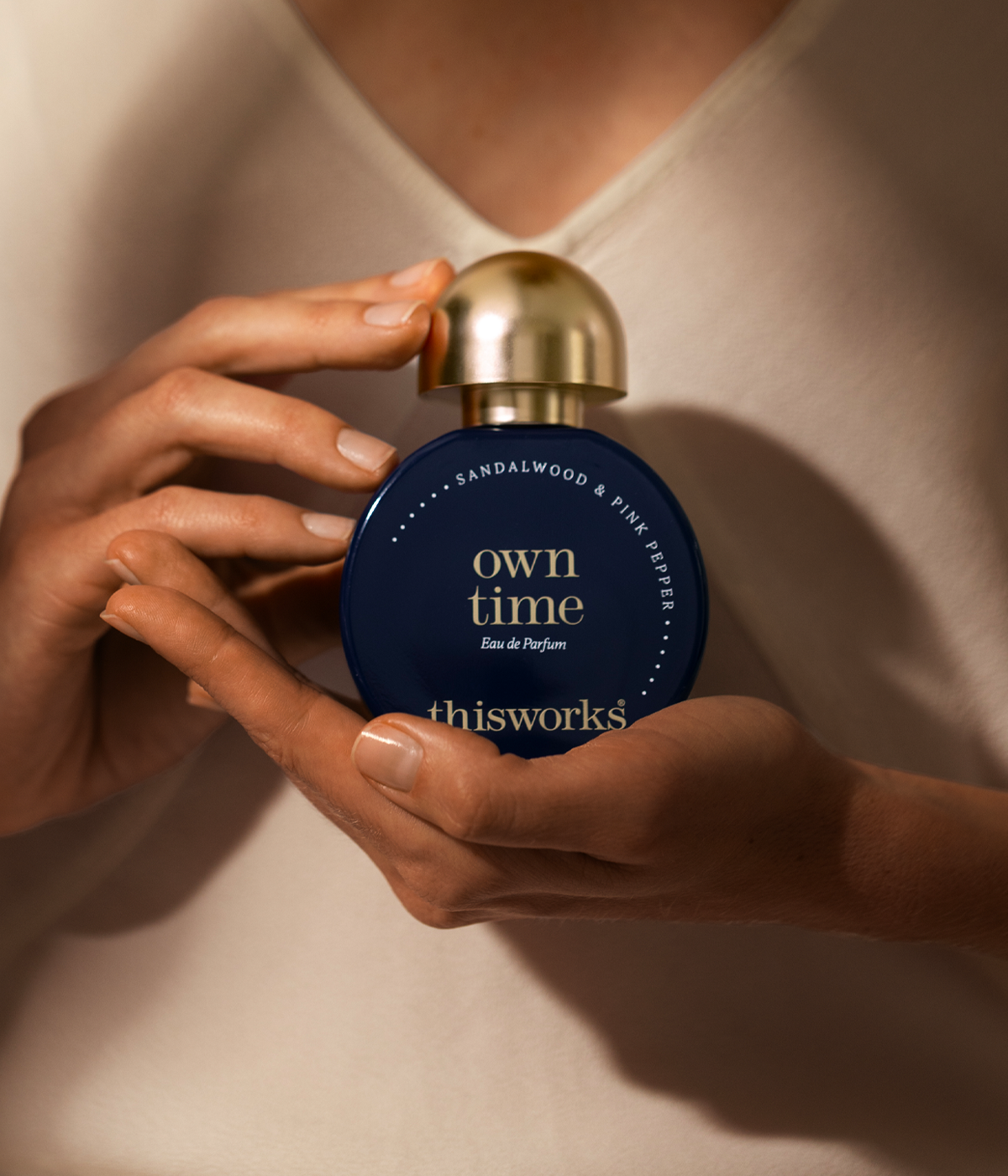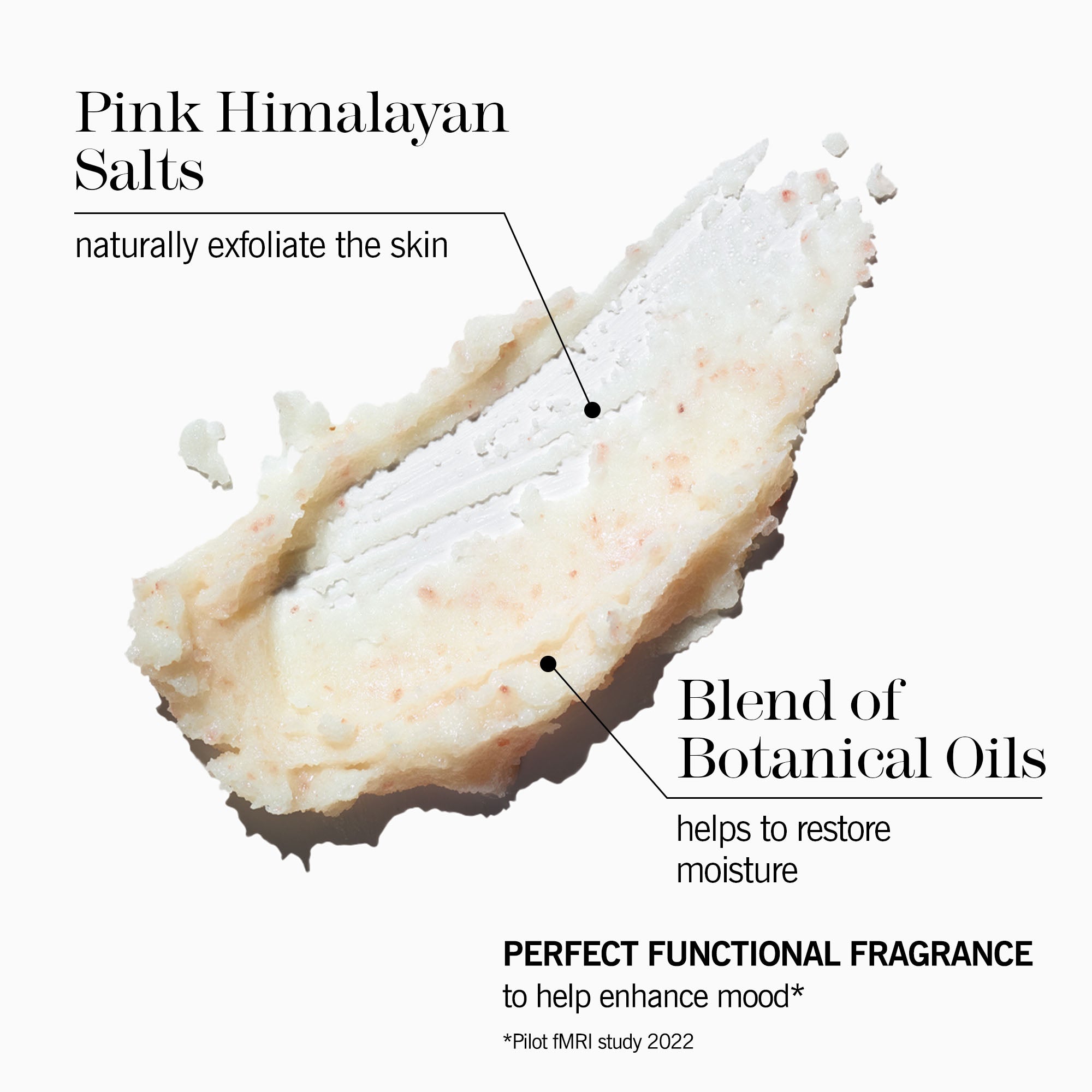perfect legs 100% natural scrub
we recommend...
delivery options
- 98%
said their skin felt softer*
- 96%
said their skin felt smoother*
- 95%
said their skin felt moisturised*
- 89%
saw an improvement in the texture of their skin*
Drawing upon the disciplines of biochemistry, neuroscience and the social sciences, our formulations support the body's natural circadian rhythm and are rigorously tested in clinical, fMRI and user studies.
Does this product help tackle ingrown hairs from shaving or waxing?
Is this product recyclable?
Is this product slippery if used in the shower?
Is perfect legs 100% natural scrub only for legs?
Is this suitable to use during pregnancy/breastfeeding?
At the heart of each formulation is a Superblend; a clean and expertly blended three-element ingredient system of naturally derived, scientifically proven ingredients at therapeutic levels.
full ingredients list
write a review
ask a question
Discover the ultimate wellness hub, your go-to source for skincare and holistic wellness tips. Explore expert advice, DIY beauty recipes, and lifestyle inspiration to achieve radiant skin and a balanced, healthy life.






























